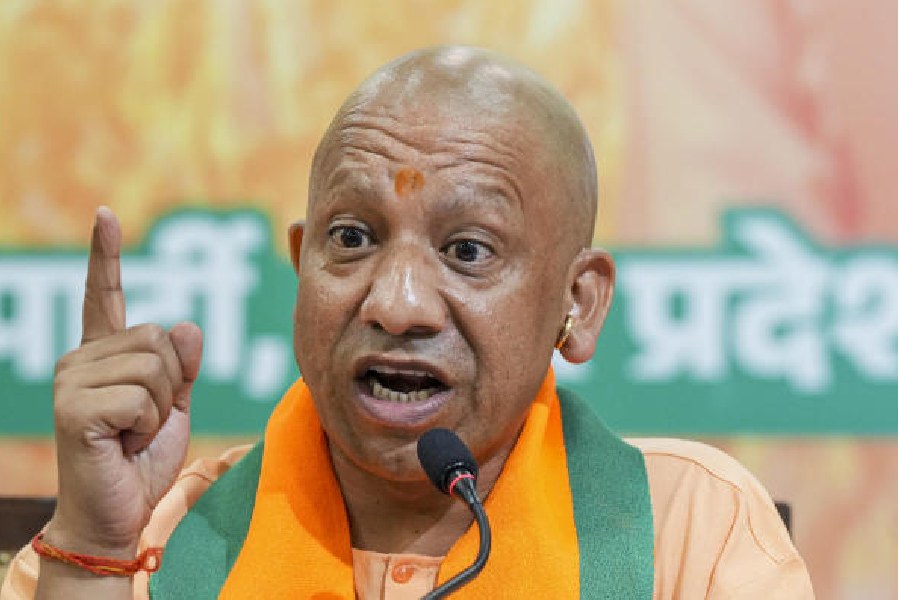The loss of face in the Lok Sabha elections for the Yogi Adityanath government in Uttar Pradesh, however lightly taken, seems to have made its stance more rigid in sectarian matters. The government has made its Prohibition of Unlawful Conversion of Religion Act more stringent in its 2024 amended version. The penalties have increased according to the grades of offence: what was imprisonment for one to five years is now three to 10 years. A 10-year imprisonment is now 14 years to life, especially for second-time offenders, and the Rs 50,000 fine is now one lakh. The scope of the law is now broader. Anyone who threatens, attacks, marries or promises to marry in order to coerce conversion by deceitful or fraudulent means is guilty of perpetrating illegal conversion. Mass conversion carries heavy penalties. Overseas funding allegedly for illicit conversion is also included in the purview of the law. Perhaps the most dangerous amendment is the legitimising of any third person’s first information report. Before 2024, the aggrieved person and her family were allowed to complain. The changes have opened up the field for vigilantes, local leaders and various champions of Hindutva: they can damage interfaith relationships and marriages, since the offence is cognisant and non-bailable.
The law is deeply intrusive, taking as its wide-ranging premise that all conversions are suspicious. That is why a complaint from any person has been made acceptable, thus blurring the definition of illegal conversion, which is by deceit, coercion or fraud. Is it the State’s business at all? Freedom of religion including its propagation is a constitutional right, as is the freedom of choice of partner among adults. Yet this law makes interfaith live-in relationships illegal. It was formulated to resist what the saffron brotherhood called ‘love jihad’ although no sign of this activity — minority community men marrying majority community women to convert the latter — has been found. The anti-conversion law affects the two larger minority communities, not just the one. From January 2021 to April 2023, over 400 cases were registered under it and over 800 persons imprisoned. Rare or non-existent crimes are being presented as being of the greatest concern as though to skirt the failures in more obvious matters, such as development or employment. Mr Adityanath either believes that intolerance brings the prizes or he knows of no other way.











